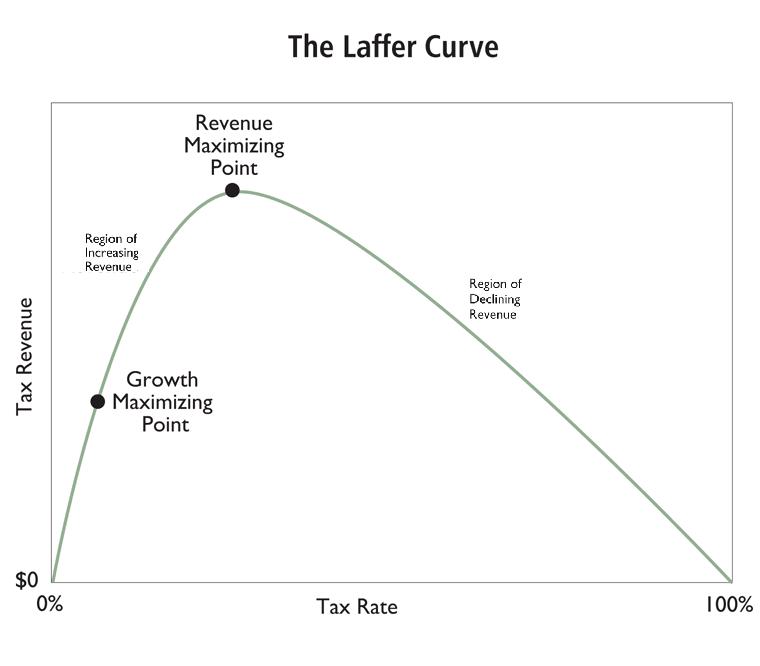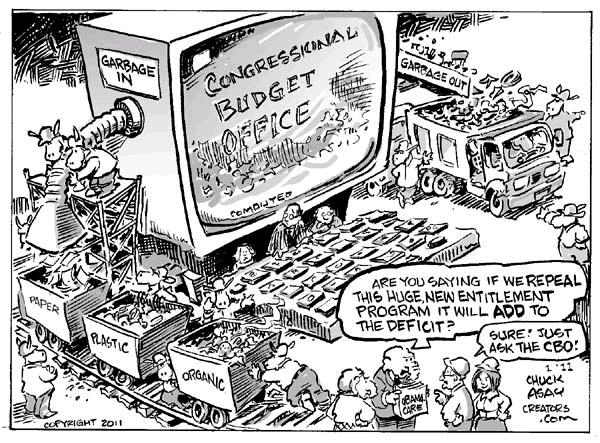Frances Woolley on the hidden advantages even a modest amount of money can provide:
Less often observed is that wealth itself generates consumption benefits, even if one never spends a dime of it.
I own a 12 year old Toyota Matrix. The front fender has collided with one too many snow banks, and is now held together with string. The exhaust system has seen better days. It breaks down occasionally. But overall it’s very cheap to run.
If I was poor, it would be tough having an old, unreliable car. The unexpected, yet inevitable, major repairs would be a financial nightmare. $750 to repair the clutch. $200 to fix the axle seal. If the car broke broke down, and I couldn’t get to work, I might lose my job.
But because I’m financially secure, I can afford a cheap car. I can self-insure against financial risks: unexpected repair costs, taxi fares, rental cars, and so on. I can afford to get my car towed. If it was beyond repair, I could get another car tomorrow.
The real value of having $10,000 in the bank isn’t $200 in interest income, or the stuff $200 in interest income might buy. $10,000 in the bank creates a little bit of room to take risks. One could call it the “implicit value of self-insurance generated by own capital.” It’s the comfort of being rich (or having rich relatives). It’s real. It’s valuable. But it wouldn’t be taxed if Canada had a consumption tax.
Admittedly, the insurance value of having wealth isn’t taxed under an income tax either. But at least under an income tax some of the return on wealth is taxed, so there is, at least potentially, some shifting of the tax burden onto those with wealth.
The greatest freedom money offers is the freedom to walk away. Your bank doesn’t offer you unlimited everything with no monthly fees? Walk away. There’s always someone else who wants your money. Your phone plan is too expensive? Walk away (o.k., that may not be the best example).
People with money have alternatives, which makes their demand for goods and services elastic. Food may or may not cost more in poor areas. But a rich person can shop at Value Village if he chooses. A poor person may not be able to afford expensive purchases which save money in the long run, like bread machines or high efficiency appliances or pressure cookers. Consumption taxes aim to tax the amount of stuff people actually consume. But if poor people pay a higher price for their stuff than rich people, is a system that taxes only consumption spending, without taking into account the ability to command consumption wealth conveys, fair?





